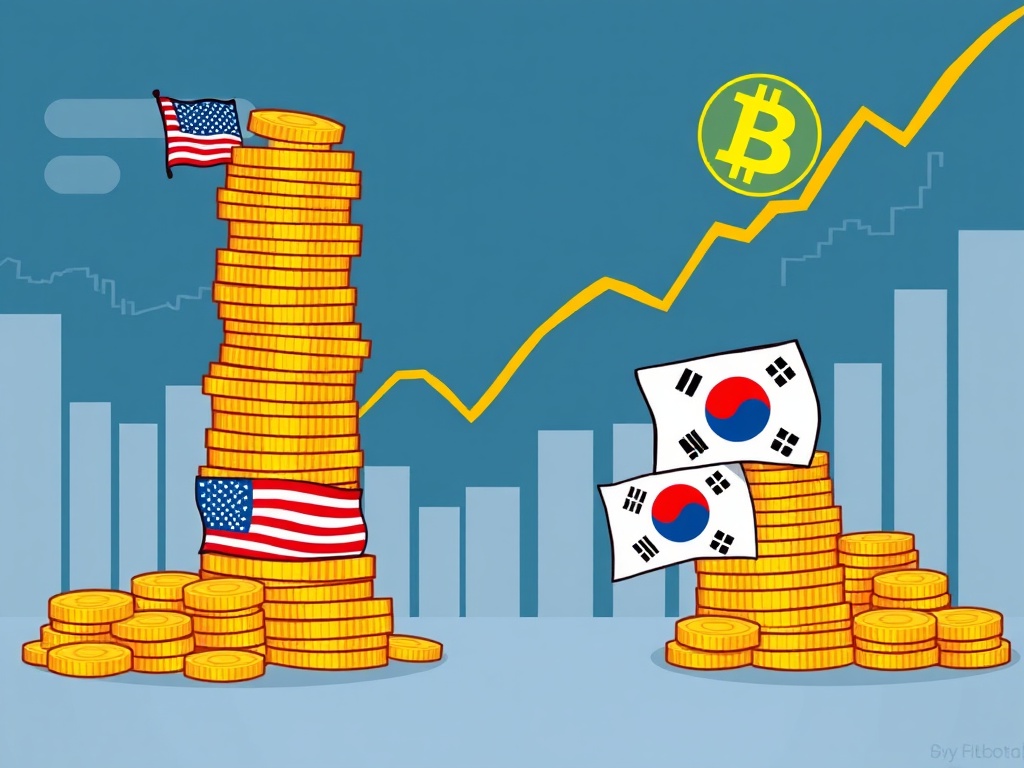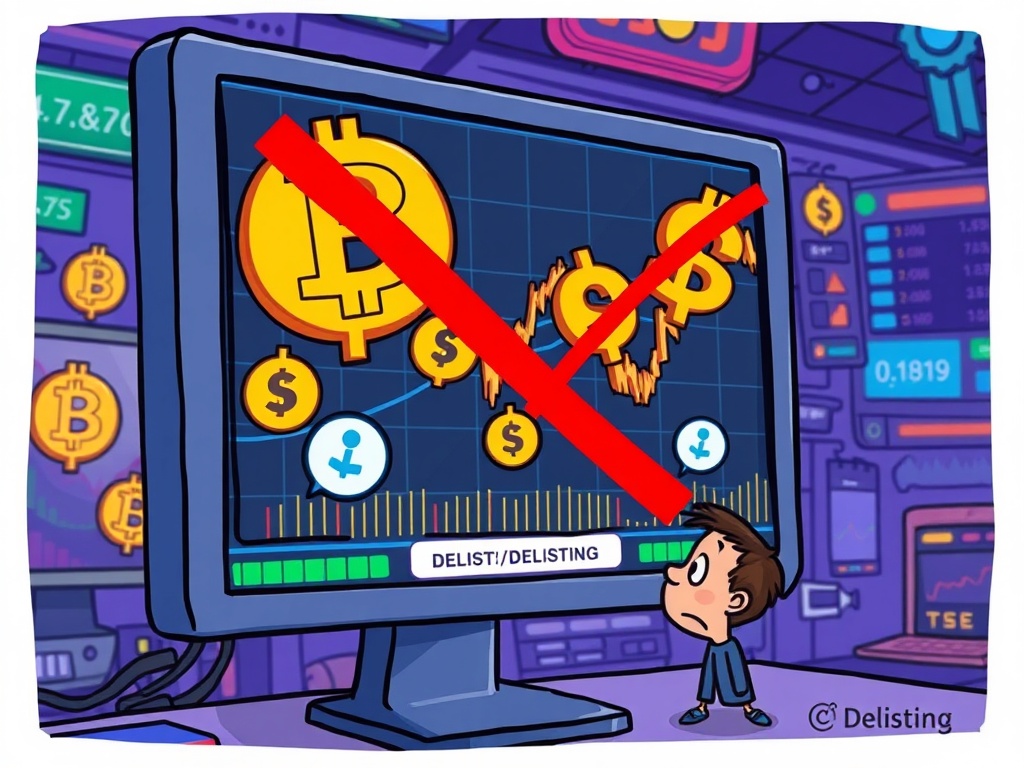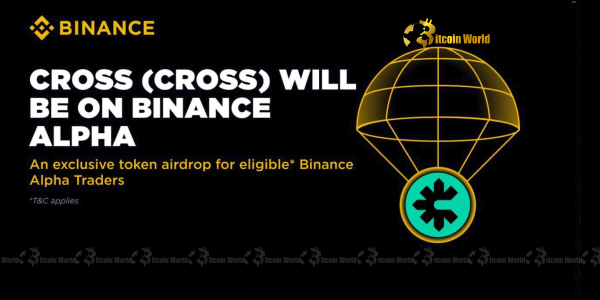BitcoinWorld

Bitcoin Holdings: Astounding Disparity as US Dwarfs South Korea’s Crypto Reserves
The world of Bitcoin is constantly evolving, and recent data reveals a truly striking contrast in Bitcoin holdings between two major global economies: the United States and South Korea. This significant disparity, particularly as BTC hits record highs, offers crucial insights into the evolving landscape of digital assets adoption and institutional engagement.
The Striking Disparity in Bitcoin Holdings
Recent findings from The Maeil Business Newspaper highlight an incredible gap in national Bitcoin reserves. The United States now holds nearly 16 times more Bitcoin than South Korea. This isn’t just a minor difference; it represents a fundamental divergence in how these nations are engaging with the leading cryptocurrency.
- A comprehensive survey, spanning cryptocurrency exchanges, government agencies, companies, and ETFs in both countries, shows the sheer scale of this divide.
- The U.S. boasts a staggering 3,587,163 BTC in total holdings.
- In contrast, South Korea’s total stands at 218,076 BTC, which is approximately 6.1% of the U.S. total.
This data underscores a significant imbalance in global crypto market influence and investment.
How US Bitcoin ETFs Transformed the Landscape
What caused this gap to widen so dramatically? The answer lies predominantly in the introduction of US Bitcoin ETFs. The launch of U.S. spot Bitcoin Exchange-Traded Funds in January last year proved to be a game-changer, fundamentally reshaping the investment landscape.
- Before the ETF debut, the U.S. held 1,657,697 BTC. This was already roughly eight times more than South Korea’s holdings at the time.
- Post-ETF launch, American holdings saw an additional influx of 1.29 million BTC.
- These investment vehicles made it significantly easier for institutional and retail investors to gain exposure to Bitcoin without directly holding the asset. This accessibility fueled a massive accumulation phase in the U.S.
Consequently, the ETFs acted as a powerful catalyst, accelerating U.S. Bitcoin acquisition at an unprecedented pace.
South Korea’s Position in the Global Digital Assets Arena
While the U.S. saw a surge, South Korea’s accumulation remained relatively stable in comparison. This raises important questions about regulatory environments, investor sentiment, and market infrastructure in the region. South Korea has a vibrant crypto community and a strong interest in digital assets, yet its institutional adoption pathways might differ.
Key considerations for South Korea include:
- Regulatory Frameworks: The pace and nature of regulatory approvals for crypto investment products can significantly impact institutional inflows.
- Market Maturity: While retail crypto trading is robust, the development of sophisticated institutional products like spot ETFs might be slower.
- Investor Preferences: Local investment habits and preferences might lean towards direct crypto ownership or other asset classes.
Understanding these factors is crucial for assessing South Korea’s future trajectory in the global Bitcoin landscape.
Navigating the Digital Assets Landscape: What’s Next?
The vast difference in Bitcoin holdings between these two nations underscores the impact of regulatory clarity and accessible investment vehicles. For investors and market watchers, this data highlights the growing institutionalization of Bitcoin, particularly in jurisdictions with supportive regulatory frameworks.
What could this mean for the future of the crypto market?
- Global Race for Bitcoin: Other nations might accelerate efforts to create similar investment products to attract capital and boost their own reserves.
- Policy Influence: South Korea and other countries might look to the U.S. ETF model as a blueprint for expanding their institutional crypto offerings.
- Market Stability: Increased institutional participation could potentially lead to greater market stability and broader acceptance of Bitcoin as a legitimate asset class.
The current scenario serves as a powerful case study in how financial innovation can rapidly reshape the distribution of digital wealth globally.
The remarkable divergence in Bitcoin holdings between the U.S. and South Korea is a testament to the transformative power of accessible investment products like spot ETFs. As the U.S. continues to accumulate vast amounts of Bitcoin, it reinforces its position as a dominant player in the global crypto market. This trend encourages other nations, including South Korea, to evaluate their strategies for integrating digital assets into their financial ecosystems. The journey of Bitcoin’s mainstream adoption is clearly picking up pace, driven by innovative financial instruments and evolving regulatory landscapes.
Frequently Asked Questions (FAQs)
Q1: What is the primary reason for the large disparity in Bitcoin holdings between the U.S. and South Korea?
The main reason is the launch of U.S. spot Bitcoin ETFs in January last year. These ETFs made it significantly easier for institutional and retail investors to invest in Bitcoin, leading to a massive accumulation of over 1.29 million BTC in American holdings.
Q2: How much more Bitcoin does the U.S. hold compared to South Korea?
According to The Maeil Business Newspaper, the U.S. holds nearly 16 times more Bitcoin than South Korea. The U.S. total is 3,587,163 BTC, while South Korea holds 218,076 BTC.
Q3: Did the U.S. always have significantly more Bitcoin than South Korea?
Before the U.S. spot Bitcoin ETFs debuted, the U.S. held approximately 1,657,697 BTC, which was already about eight times more than South Korea’s holdings at that time. The ETFs dramatically widened this existing gap.
Q4: What are US Bitcoin ETFs?
US Bitcoin ETFs (Exchange-Traded Funds) are investment vehicles that allow investors to gain exposure to the price movements of Bitcoin without directly owning the cryptocurrency. They trade on traditional stock exchanges, offering a regulated and accessible way to invest in digital assets.
Q5: What could South Korea do to potentially increase its Bitcoin holdings?
South Korea could explore introducing its own regulated spot Bitcoin ETFs or similar investment products to provide easier access for institutional and retail investors. Additionally, fostering a clear and supportive regulatory environment for digital assets could encourage more investment and accumulation.
Share This Insight!
Found this analysis on Bitcoin holdings fascinating? Share this article with your network on social media and spark a conversation about the evolving global crypto market! Your insights are valuable.
To learn more about the latest crypto market trends, explore our article on key developments shaping Bitcoin institutional adoption.
This post Bitcoin Holdings: Astounding Disparity as US Dwarfs South Korea’s Crypto Reserves first appeared on BitcoinWorld and is written by Editorial Team





